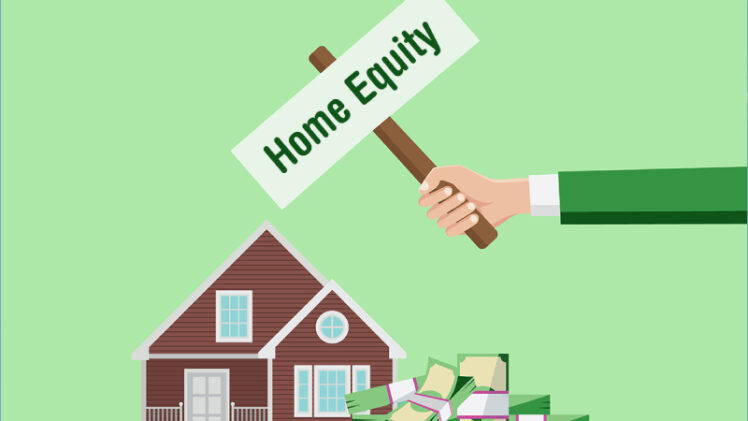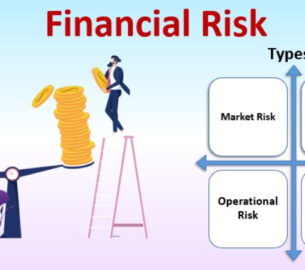Home ownership is a great way to generate long-term wealth. For you to do so, it’s important that you understand the definition of home equity and how best to use it in your favor.
What Exactly Does “Home Equity” Mean?:
It can be calculated as: ” [the value] minus what [a homeowner owes on their mortgage]. It means if someone owns $200k worth of real estate, but they owe $180k on their loan, then they have an 18% Home Equity.” This figure also indicates whether or not homeowners can (or are unable) make any substantial investment into improvements around the house without taking out another loan! So keep track of your home’s current value by periodically checking it.
What Do You Need To Know Before You Can Start Building Your Equity?
Simply put, this is the difference between what your home would sell for if it were on the market and how much money you owe. To get a more accurate idea of whether or not someone has any equity in their property, they should consult experienced professionals with these types of deals.
If things go well, then over time, one will see that their investment starts increasing as they pay off parts of their mortgage loan through continuous payments. The longer people live there, the easier it becomes because every year some interest gets paid down while at first most goes towards paying back real estate agents, which means all sorts have been going into slowly but surely adding up until finally reaching an amount.
Ever found yourself looking for a home equity loan calculator? There are many ways to calculate this, but the most accurate way is with an online tool. It will tell you how much your house is worth and other useful financial information such as interest rates or monthly payments. You can even use these calculators if you’re considering selling your home!
The three most popular solutions to finance your home improvement projects, consolidate debt or build an emergency fund are a HELOC (a revolving line of credit secured by your home), mortgage refinances, and taking out a Home Equity Loan.
A HELOC is determined on how much you have in equity while the other two help with what needs they may address, such as consolidation for loans at lower rates than if applied separately, and construction financing that who can use towards building improvements for homeowners who don’t want to sell their property but need funds now.
A Home Equity Loan is unlike a traditional heloc in that you borrow the entire amount all at once. you pay principal and interest on your monthly repayment. still, it will take an extended period to repay this type of debt instead of revolving credit with a line-of-credit where one only repays what they borrowed each month or over shorter periods such as every few years.
A Cash-out Refinance a way you can get more than what your house is worth. if it’s worth $300,000 and the mortgage debt isn’t much at all—say only $200,000—you might be able to take out another loan for up to about $275k to have some extra spending money that comes with no strings attached! with this refinancing deal, though, there could come an increase in monthly payments as well.











